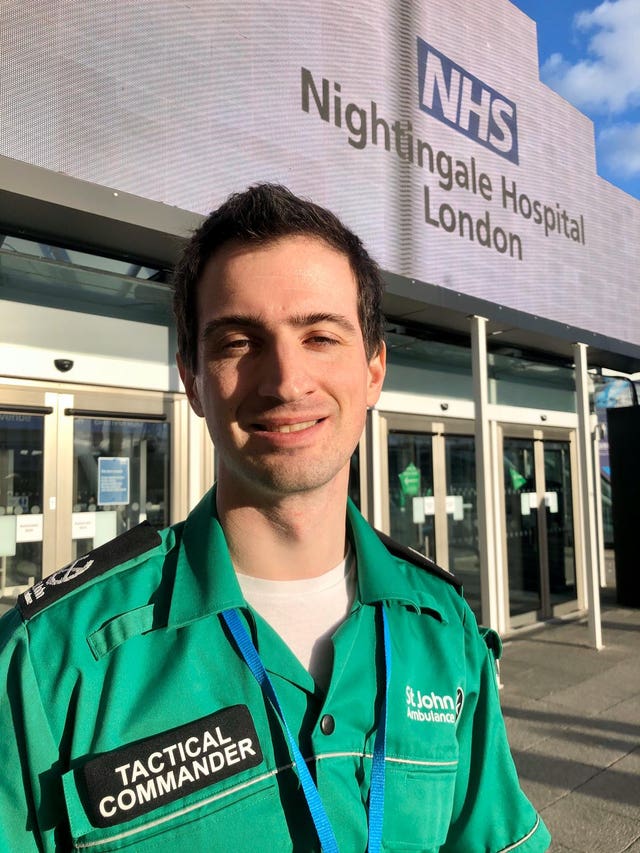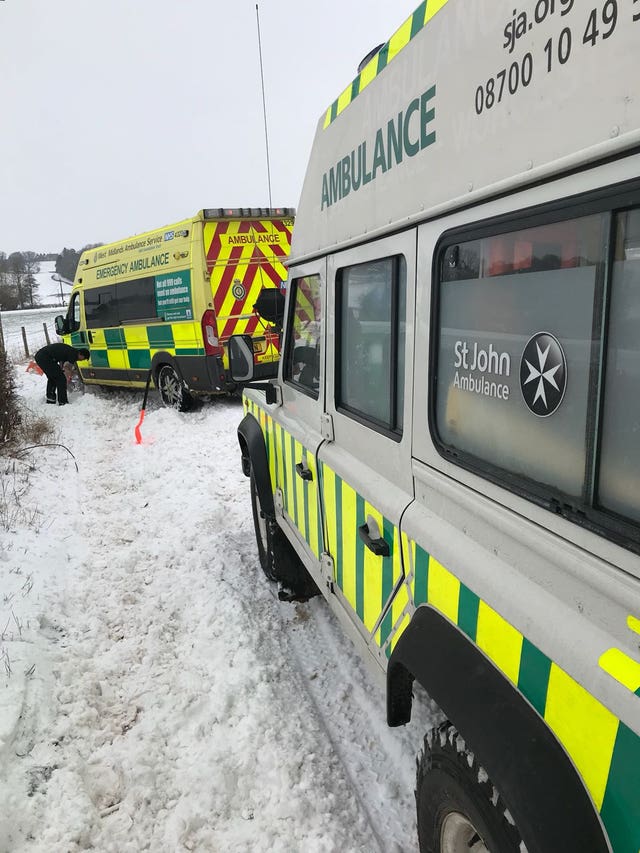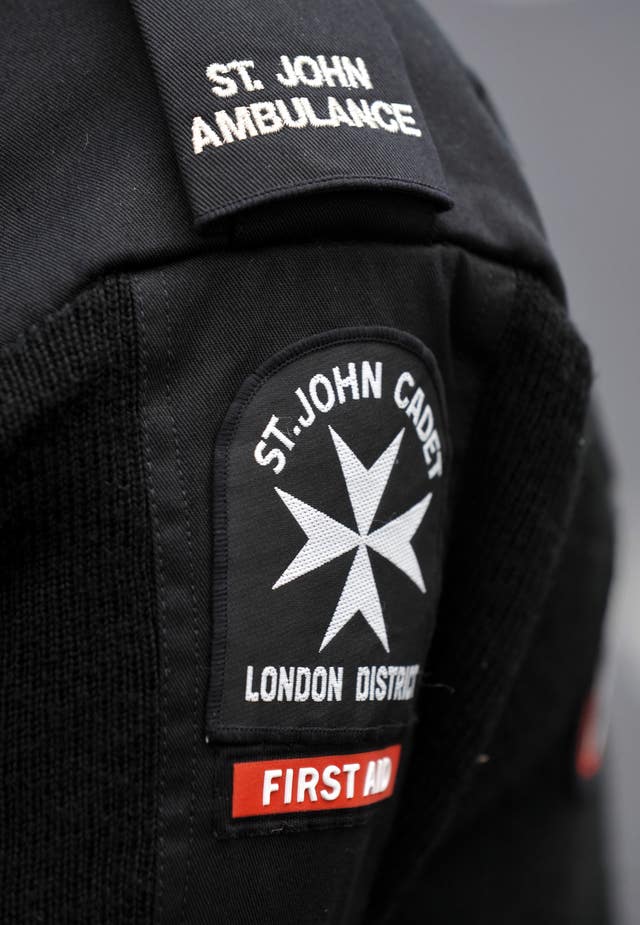St John Ambulance could go bust in August without further funds, says boss
It has been estimated that the charitable sector is set to lose at least £4 billion in income over the next 12 weeks.

The St John Ambulance Association could go bust in August and be unable to assist the Covid-19 effort, its chief executive has admitted.
Martin Houghton-Brown said the country’s leading first aid charity has funds to last until the summer, but without Government support would then be forced to resort to borrowing to aid the NHS with a potential second wave.
It comes as the chief executive of the National Council for Voluntary Organisations, Karl Wilding, estimated that the pandemic will see the charitable sector lose at least £4 billion in income over the next 12 weeks.
Mr Wilding called for the Government to urgently establish a stabilisation fund to allow charities, voluntary organisations and social enterprises to stay afloat and keep operating during the pandemic as “literally every day counts”.

Giving evidence to the Digital, Culture, Media and Sport Select Committee, Mr Houghton-Brown said: “With the NHS money that has been deployed so far we think that we can keep going until August, but I have to say that we’re in the lucky position where we’ve got assets that we could take huge debt finance against.
“I think we’ve got money until August and in the current situation, to go beyond August would require heavy borrowing.”
Mr Houghton-Brown said: “I need about £450,000 a week to be able to continue operating in this crisis in order to able to ensure that I can sustain this effort.
“My concern is there might be a second peak, that we can’t rule out a second peak, and we need to be as ready and mobilised and equipped for that second peak.”

Noting that St John’s “can’t afford to run ourselves dry”, he added that “there are local YMCAs that are right on the brink – they have a matter of weeks left before they have to declare themselves insolvent”.
Mr Wilding said: “You would expect in the next quarter charities to generate income of around £12.5 billion and we’re expecting the loss in the next quarter to be in the region of £4 billion.”
He also noted that the Government’s furlough scheme will only benefit a third of charities, adding: “The problem is is that essentially the furloughing scheme or laying staff off means that you are standing down staff at exactly the time when you want them to step up.”
Mr Wilding told the committee he thinks “25% of charities hold reserves in some form or another that would help them through a three-month period like this” and that it is “critical that we get support” for all organisations.

“We need a stabilisation scheme and one that comes quickly and is substantial and simple,” he said.
Mr Wilding added that his staff are providing the Government with advice “every day” but that he feels at times that they are “informed, but not involved”.
Director of engagement at the Motor Neurone Disease Association, Chris Wade, said: “We’re a £17 to £18 million charity in terms of income per year and we’re expecting to lose anywhere between £3.5 million and £5.5 million over this period and that’s on the assumption that we’re back to some form of normality in about six months time.”
He added that “four to five months’ reserves will soon disappear” and the National Emergency Trust appeal which has raised £11m is “certainly not the answer I’d expect from the Government as a solution to this”.





